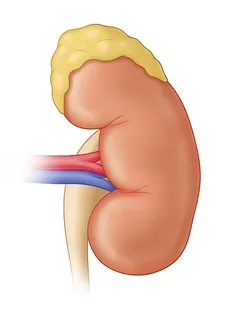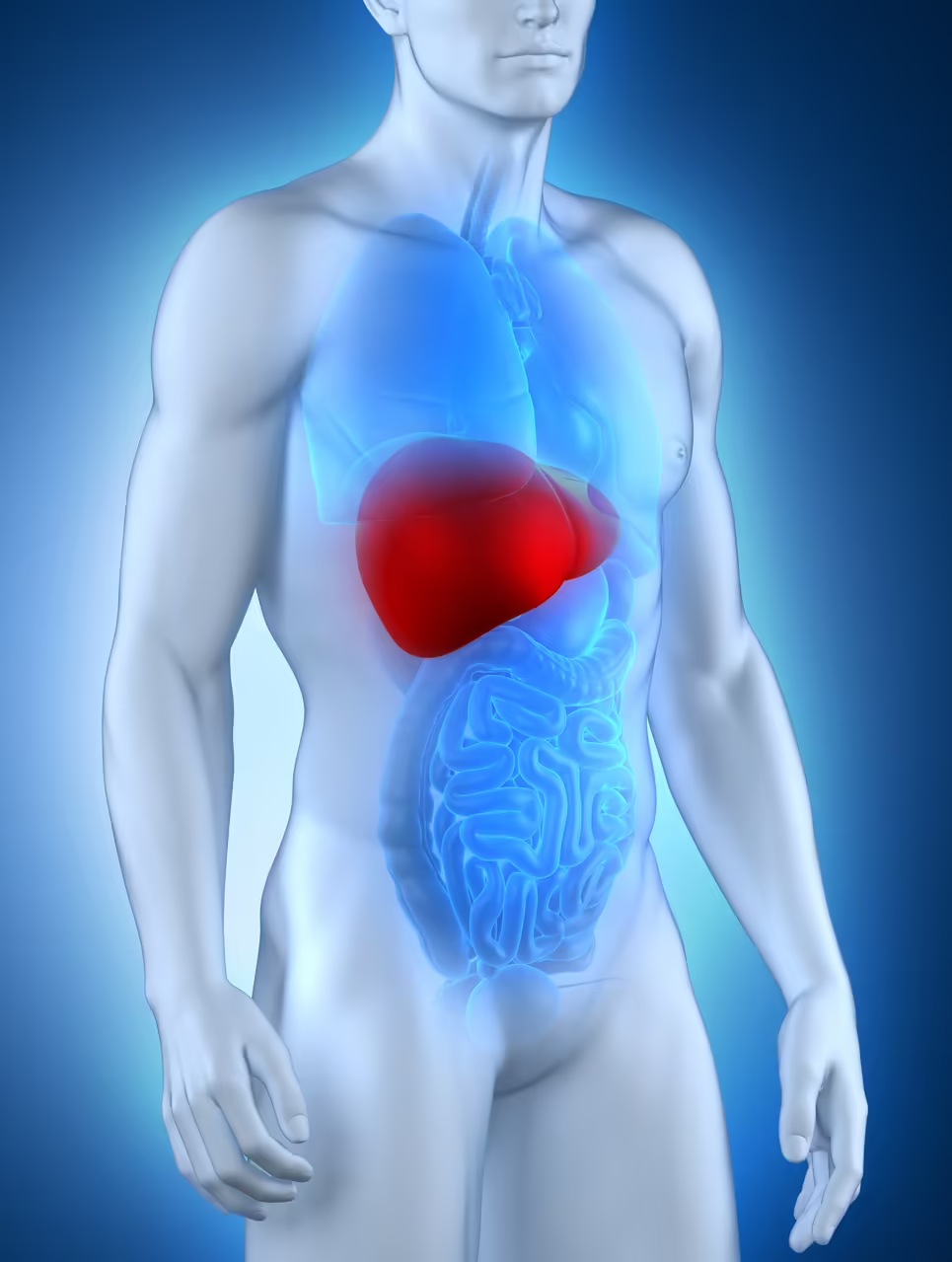- January 16, 2025
- By drzaarofficial1@gmail.com
- 9
The Hormone of Action and Alertness
Adrenaline, also known as epinephrine, is a hormone and neurotransmitter produced by the adrenal glands, located on top of the kidneys. It plays a vital role in the body's "fight or flight" response, preparing you to react to stressful or dangerous situations. This hormone is released during moments of high stress, excitement, or fear, rapidly mobilizing the body’s resources for quick action.
Key Functions of Adrenaline
Adrenaline increases heart rate and blood pressure, dilates airways to improve oxygen intake, and boosts energy by breaking down stored glycogen into glucose. It also redirects blood flow to essential muscles, enhancing your physical and mental performance during critical moments. This powerful hormone is essential for survival and adaptation to sudden challenges.

The Role of Adrenaline in Health and Disease
While adrenaline is crucial for short-term stress responses, chronic overproduction can lead to health problems. Conditions like pheochromocytoma, a rare tumor of the adrenal gland, can cause excessive adrenaline release. Conversely, insufficient adrenaline levels may impair the body's ability to respond to stress effectively. Balancing adrenaline is essential for maintaining both physical and mental well-being. Disorders Linked to Adrenaline Imbalance Adrenaline-related disorders include overproduction (as in pheochromocytoma) and deficiencies, often resulting from adrenal insufficiency. Symptoms of imbalance range from persistent high blood pressure and rapid heart rate to fatigue and low energy.
Contact Us
+92-321-9700-700
FAQs About Adrenaline
1. What is adrenaline’s role in the “fight or flight” response?
Adrenaline triggers the body’s stress response by increasing heart rate, boosting energy, and improving oxygen delivery to muscles, enabling quick reactions.
2. How is adrenaline overproduction diagnosed?
Adrenaline overproduction is diagnosed using urine or blood tests to measure catecholamines and their metabolites, along with imaging studies for adrenal tumors.
3. What are the symptoms of excessive adrenaline?
Symptoms include rapid heartbeat, high blood pressure, sweating, anxiety, and tremors. Chronic overproduction may also lead to headaches and weight loss.
4. What causes adrenaline deficiency?
Adrenaline deficiency can result from adrenal insufficiency or damage to the adrenal glands due to autoimmune diseases, infections, or certain medications.
5. Can adrenaline levels be regulated naturally?
Yes, stress management techniques like meditation, regular exercise, and a healthy diet can help balance adrenaline levels.
6. What are the treatments for adrenaline-related disorders?
Treatment depends on the cause. Pheochromocytoma may require surgery, while adrenal insufficiency is managed with hormone replacement therapy under the supervision of Dr. Zaar, offering the safest hormone treatments.
7. Is chronic stress linked to excessive adrenaline?
Yes, chronic stress can lead to repeated adrenaline surges, potentially contributing to health issues like hypertension and anxiety disorders.
8. Can adrenaline imbalance affect mental health?
Absolutely. Excessive adrenaline can increase anxiety and panic attacks, while low levels may contribute to fatigue and depression.
9. How does adrenaline impact exercise performance?
Adrenaline enhances performance by improving oxygen delivery and energy availability, making it crucial for high-intensity activities.
10. Are there side effects of medications that regulate adrenaline?
Medications like beta-blockers can manage excessive adrenaline but may cause side effects like fatigue, dizziness, or cold hands and feet.
